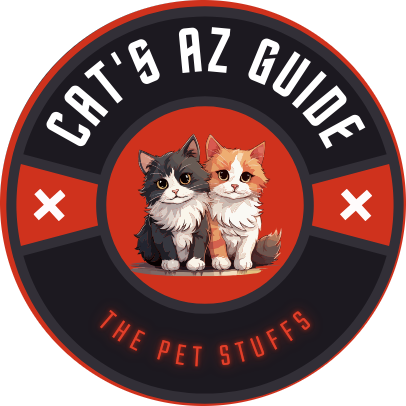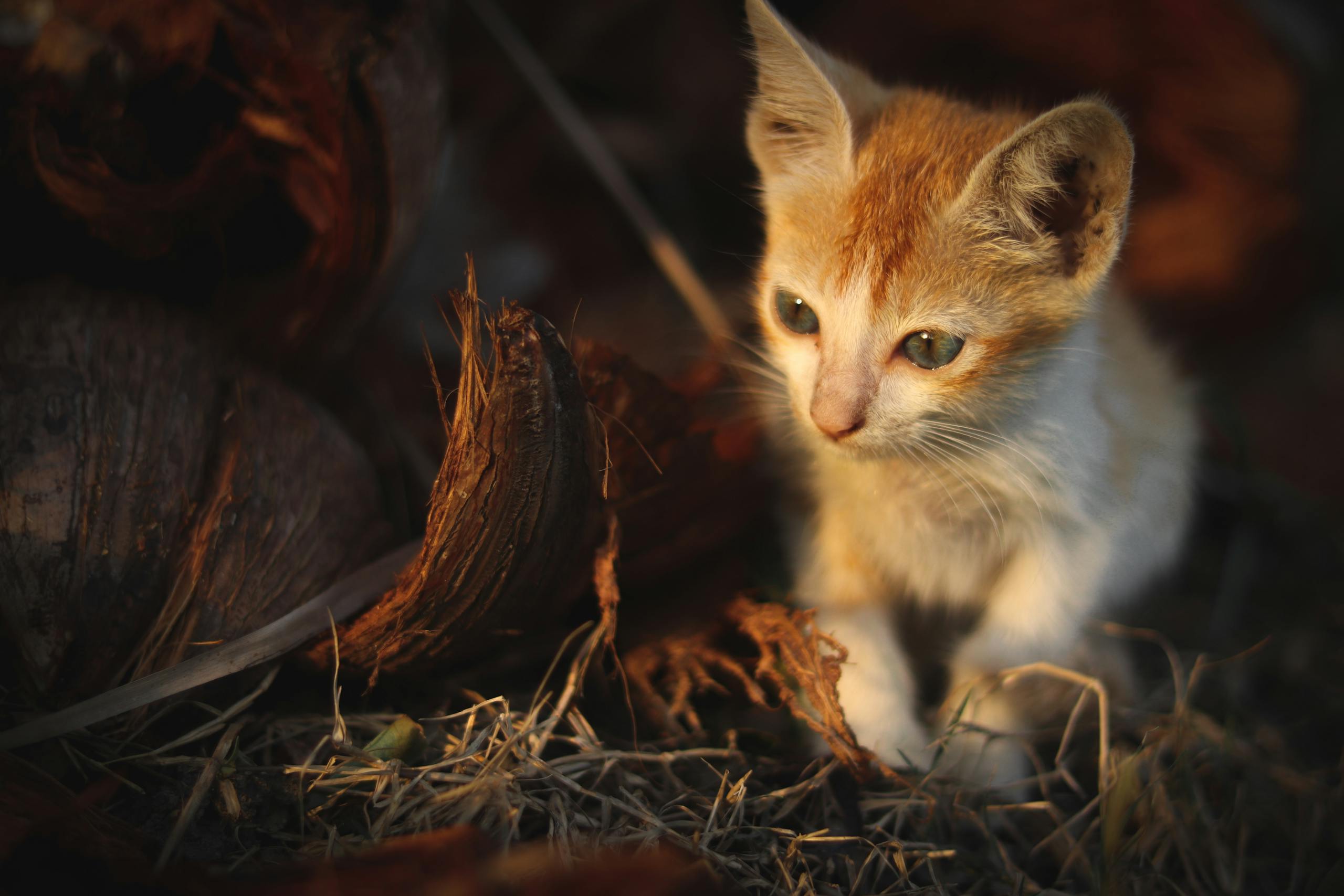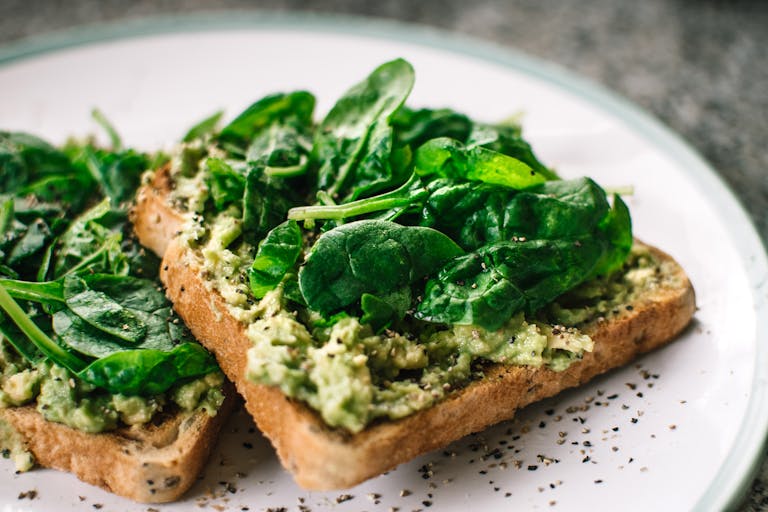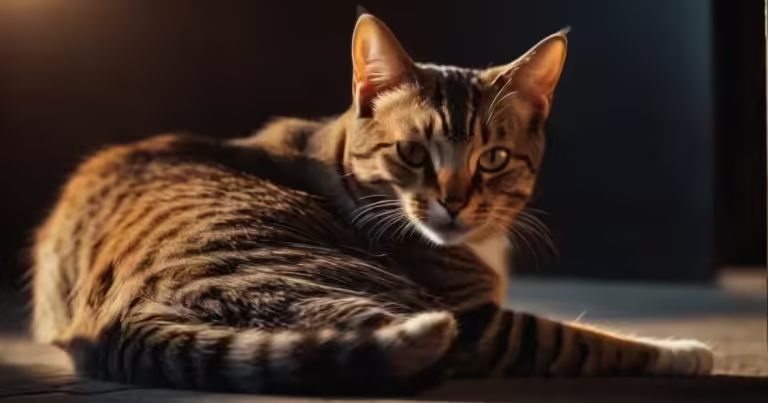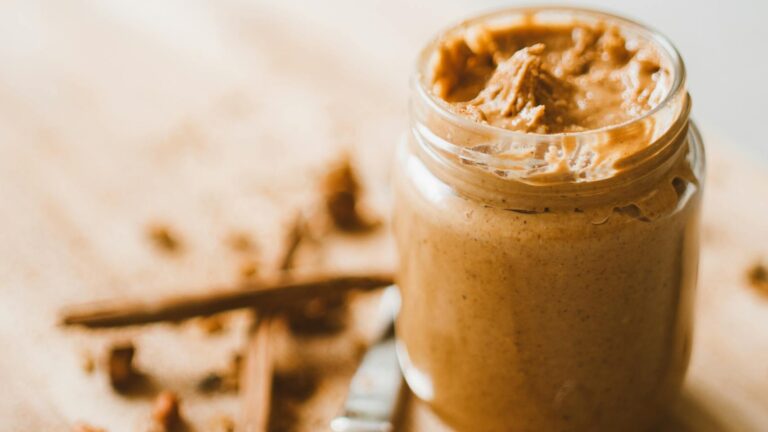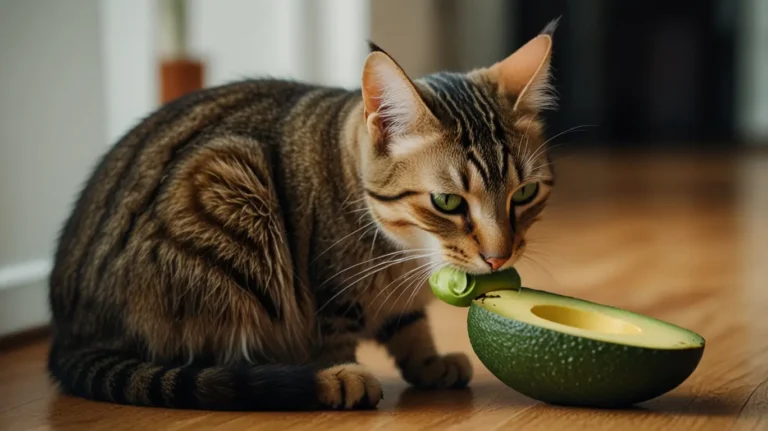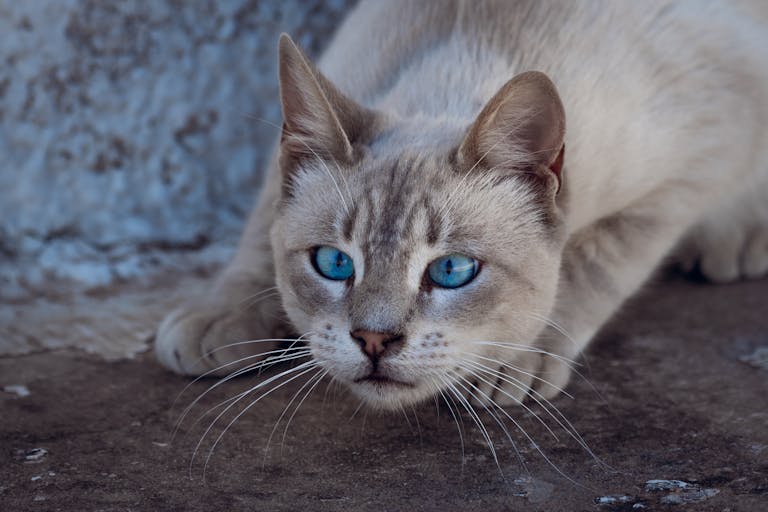Can Cats Eat Coconut ? – A Coconut Guide for Cats!
Cats are curious creatures who are frequently attracted by the items humans eat, including coconut milk. But is coconut milk bad for cats? This subject has provoked heated controversy among pet owners.
Understanding the nutritional value and potential hazards of coconut products will help you make informed feeding decisions for your feline buddy.
Few questions which arise are: Is coconut milk safe for your cat to drink? Or, more importantly, is coconut milk bad for cats? What are the benefits and risks of feeding coconut products to cats? How does coconut milk compare to other coconut-derived products like coconut water or oil?
Key Takeaways:
- Coconut milk is not inherently toxic to cats but should be given in moderation due to high fat content.
- Coconut water is not recommended for cats due to high potassium levels, which can disrupt their electrolyte balance.
- Coconut oil has some benefits for cats, such as improving coat health, but should be used sparingly.
- Feeding too much coconut milk or oil can lead to gastrointestinal issues in cats, including diarrhea and vomiting.
- Consult your vet before introducing any coconut-based products to your cat’s diet.
Nutrition Info About Coconut Meat, Coconut Water, Coconut Milk, Coconut Oil
1. Coconut Meat
Coconut meat is the white, meaty component of a coconut that contains fiber, vitamins, and minerals. Coconut meat can supply cats with nutritional fiber, which benefits with digestion.
However, it is high in fats, particularly saturated fats, which can cause weight gain and pancreatitis if ingested in excess.
Coconut meat is not harmful, but is coconut milk bad for cats if consumed in large amounts? While coconut meat is not harmful, feeding too much to your cat might cause gastrointestinal distress, such as diarrhea or an upset stomach.
See also Rehoming Cats
Moderation is crucial, and coconut meat should be offered as an occasional treat, if at all. Always use fresh coconut meat that is devoid of added sweeteners or preservatives.
| Nutrient | Amount per 100g |
|---|---|
| Calories | 354 kcal |
| Total Fat | 33.5 g |
| Saturated Fat | 29.7 g |
| Dietary Fiber | 9 g |
| Protein | 3.3 g |
2. Coconut Water
Coconut water is a transparent liquid found inside immature coconuts. It is frequently extolled for its moisturizing benefits in humans, but for cats, the picture is quite different.
Coconut water includes a high concentration of potassium, which can be toxic to cats. But is coconut milk bad for cats in comparison?
Cats have a significantly lower tolerance for potassium than humans, and excessive ingestion can result in hyperkalemia, a disorder marked by an unusually high quantity of potassium in the blood.
This can lead to cardiac troubles, muscle weakness, and other major health problems. As a result, coconut water should be avoided in most cats’ diets.
| Nutrient | Amount per 100ml |
|---|---|
| Calories | 19 kcal |
| Total Fat | 0.2 g |
| Potassium | 250 mg |
| Total Carbohydrate | 3.7 g |
| Sugar | 2.6 g |
3. Coconut Milk
Coconut meat and water are combined to form the creamy beverage known as coconut milk.
With increased fat and calorie content, it is more nutrient rich than coconut water. Cats cannot be poisoned by coconut milk, but it is also not very helpful.
Coconut milk has more fat and calories than coconut water, so is coconut milk bad for cats if given regularly? In cats, the high fat content can lead to obesity and digestive issues, particularly when fed frequently or in large amounts.
See also Can cat pee get you high?
Moreover, because coconut milk lacks lactose, it cannot be used in place of regular milk in a cat’s diet. Give your cat coconut milk sparingly and as an occasional treat if that’s how you feel about it, but remember to ask yourself, is coconut milk bad for cats?
| Nutrient | Amount per 100ml |
|---|---|
| Calories | 230 kcal |
| Total Fat | 24 g |
| Saturated Fat | 21 g |
| Carbohydrate | 6 g |
| Sugar | 3 g |
4. Coconut Oil
A well-known nutritious supplement for both humans and animals is coconut oil. The hydrating properties of coconut oil benefit cats by promoting the health of their skin and coat. It can also function as a mild diuretic, helping with minor gastrointestinal problems.
Nevertheless, due to its high fat content, it should be eaten carefully. Before introducing coconut oil into your cat’s diet, consult your veterinarian, especially if you’re still wondering, is coconut milk bad for cats?
Excessive use may result in weight gain and pancreatitis. Adding small amounts of it to your cat’s food — 1/4 teaspoon for a typical sized feline, for example — will generally be helpful right now. Before introducing coconut oil into your cat’s diet, consult your veterinarian.
| Nutrient | Amount per 100g |
|---|---|
| Calories | 862 kcal |
| Total Fat | 100 g |
| Saturated Fat | 82.5 g |
| Polyunsaturated Fat | 1.7 g |
| Monounsaturated Fat | 5.8 g |
Other Good Uses of Coconut Oil for Your Cat
In addition to considering the question, is coconut milk bad for cats, coconut oil offers some external benefits as well. Not only can coconut oil be used internally, but it can also be administered topically to benefit your cat.
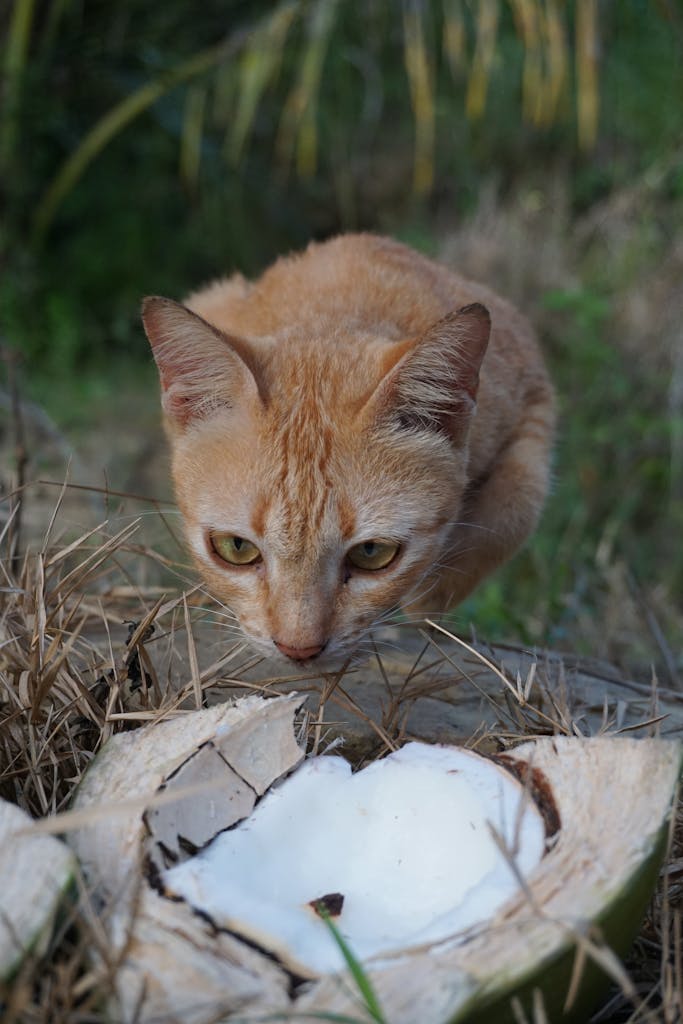
Using coconut oil as a distinctive skin and coat lotion for your cat is among the most popular uses for this versatile substance. In the unlikely event that your cat has dull fur or dry skin, dab some coconut oil into its fur to bring it back to life.
Coconut oil’s antibacterial and anti-inflammatory qualities also make it useful for treating small wounds and skin irritations. When applied to your cat’s fur, it also effectively repels fleas.
However, it’s crucial to use coconut oil sparingly and consult with your vet before applying it externally.
Is Coconut Milk Bad for Cats?
You might ask yourself, is coconut milk bad for cats? Although it’s not harmful to cats, coconut milk is also not very healthy for them. If ingested in excess, the high fat content of coconut milk can cause weight gain and digestive problems.
Although a tiny amount given as a treat once in a while is probably safe, it is not an essential part of a cat’s diet.
See also Are orchid toxic to cats?
Because they are obligate carnivores, cats must eat mostly animal protein in their diet. Cats cannot get the nutrients they require from coconut milk, and if its high fat content is not well controlled, it may cause obesity and other health problems.
Is Coconut Safe for Cats?
Coconut, in its various forms, is generally safe for cats in small amounts. However, not all parts of the coconut are created equal when it comes to feline health.
Coconut meat, milk, and oil can be given to cats occasionally, but they should not be a regular part of their diet due to their high fat content.
Coconut water, on the other hand, is best avoided because of its high potassium levels, which can be harmful to cats. Always consult with your vet before introducing coconut products into your cat’s diet to ensure their safety and well-being.
When considering coconut milk, water, or oil for your cat, it’s essential to understand their differences. Coconut milk is rich in fat and should only be given in moderation. Coconut water, despite being hydrating for humans, is not suitable for cats due to its high potassium content.
Coconut oil can be beneficial when used sparingly, either added to food or applied topically. However, none of these should replace a cat’s regular diet, which should be rich in animal protein and specifically formulated to meet their nutritional needs.
Dangers of Feeding Cats Coconut
Feeding your cat coconut in any form can pose several risks if not done carefully, which is why many pet owners ask, is coconut milk bad for cats? The high-fat content in coconut meat, milk, and oil can lead to obesity and pancreatitis, a painful and potentially life-threatening condition.
Coconut water, with its high potassium levels, can disrupt your cat’s electrolyte balance, leading to heart problems and other serious health issues.
Furthermore, certain cats may be sensitive to coconut, which can induce side effects such as tingling, swelling, or even anaphylactic shock in extreme circumstances.
See also Catnip – use, benefits and tips
Continue to present coconut goods gradually and in moderate amounts, keeping an eye out for any negative reactions. To avoid these potential risks, consult your veterinarian before adding coconut to your cat’s diet.
Closing Thought
Finally, while coconut milk is not poisonous to cats, you might still wonder, is coconut milk bad for cats? Cats have special nutritional requirements that are best supplied by a diet high in animal proteins rather than plant-based foods such as coconut.
Coconut milk, with its high fat content, should be provided as an occasional treat rather than as a regular part of your cat’s diet.
Coconut water should be avoided because of its high potassium content, which can be toxic to cats. Coconut oil, on the other hand, can be useful when used in moderation, whether as a nutritional supplement or as a topical treatment.
See also Can Cats Eat Spinach?
Finally, the key to safely introducing coconut into your cat’s diet is moderation and consultation with your veterinarian. Understanding the potential hazards and rewards allows you to make informed decisions that will keep your feline buddy healthy and happy.
Is Coconut Milk Bad for Cats FAQs
Is coconut milk harmful to felines?
Despite having a high fat content, coconut milk is not poisonous, however it should be used in moderation.
Can cats have coconut oil?
Yes, but in small amounts. It can benefit their skin and coat health.
Is coconut oil safe for cats?
Coconut oil is generally safe in moderation, but consult your vet before use.
Can coconut water harm cats?
Yes, due to its high potassium content, coconut water should be avoided.
Are cats allergic to coconut?
Some cats may be allergic to coconut, so introduce it gradually and monitor for reactions.
Is coconut bad for cats?
Coconut is safe in small amounts, but excessive consumption can lead to health issues.
What are the benefits of coconut oil for cats?
It can improve coat health and act as a mild laxative when used sparingly.
